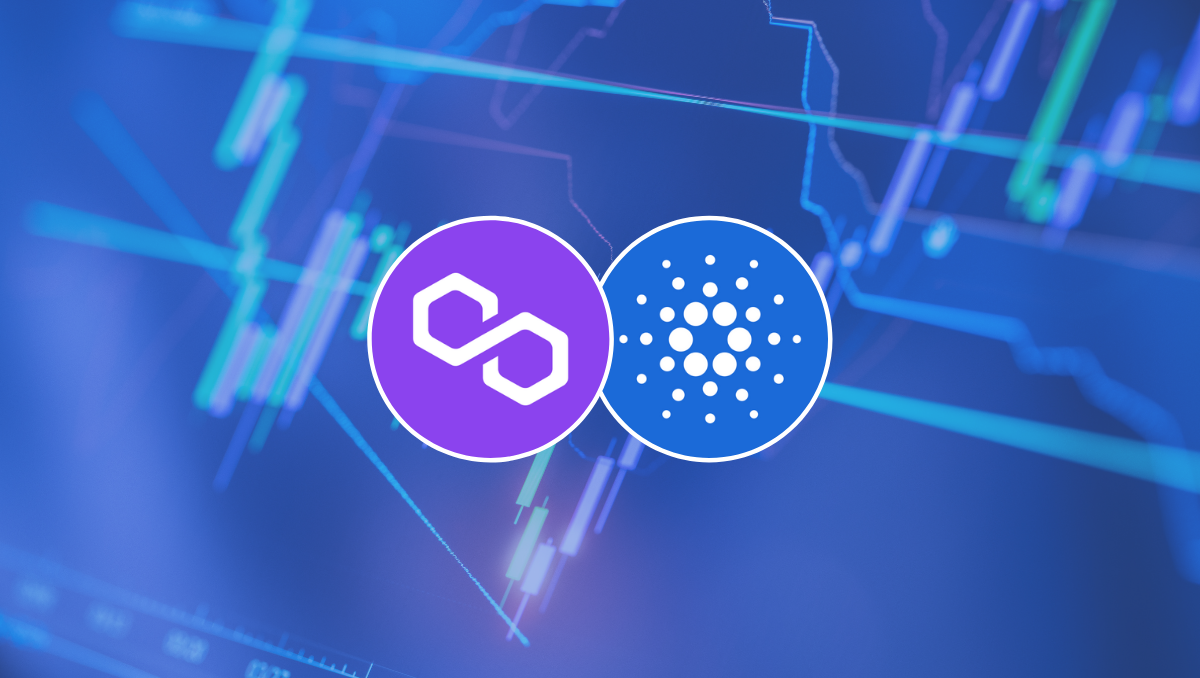What is Polygon (MATIC)
Polygon is a Layer 2 solution that uses Ethereum’s Plasma framework for scalability. Polygon aims to offer high scalability, cheaper transaction fees, and fast transactions. Polygon uses a network of sidechains to achieve this. Polygon is also known as Matic Network. Polygon was founded in 2017 by three Indian entrepreneurs – Anurag Arjun, Sandeep Nailwal, and Mihailo Bjelic. Polygon has a native token called MATIC.
Unique Features of Polygon
Polygon offers a few unique features that make it stand out from other Layer 2 solutions. Polygon uses PoS (Proof of Stake) relay chains to achieve scalability. Polygon also uses a technique called “optimistic rollups” to reduce the data that needs to be stored on-chain. Polygon also offers a Polygon SDK, which makes it easy for developers to build apps on Polygon. Polygon also has a Polygon Bridge, which allows users to easily convert ERC20 tokens to Polygon-based tokens.
What is Cardano (ADA)
Cardano is a decentralized platform that runs smart contracts. Cardano is built on a proof-of-stake consensus protocol called Ouroboros. Cardano was founded in 2015 by Charles Hoskinson, Jeremy Wood, and Aggelos Kiayias. Cardano has a native token called ADA.
Unique Features of Cardano
Cardano offers a few unique features that make it stand out from other smart contract platforms. Cardano uses a Haskell programming language, which is known for its security. Cardano also uses a technique called “formal verification” to mathematically prove the correctness of smart contracts. Cardano also has a treasury system, which allows the Cardano network to fund its own development. Cardano also has a decentralized governance system, which allows the Cardano community to vote on decisions about the Cardano network.
Polygon vs Cardano – Overview
The key difference between Polygon and Cardano is that Polygon is a Layer 2 solution that uses Ethereum’s Plasma framework for scalability while Cardano is a decentralized platform that runs smart contracts. Polygon aims to offer high scalability, cheaper transaction fees, and fast transactions while Cardano offers a few unique features that make it stand out from other smart contract platforms.
Polygon uses a network of sidechains to achieve this while Cardano uses a Haskell programming language, which is known for its security. Polygon also uses a technique called “optimistic rollups” to reduce the data that needs to be stored on-chain while Cardano also uses a technique called “formal verification” to mathematically prove the correctness of smart contracts.
